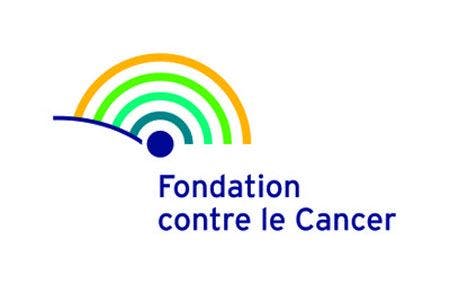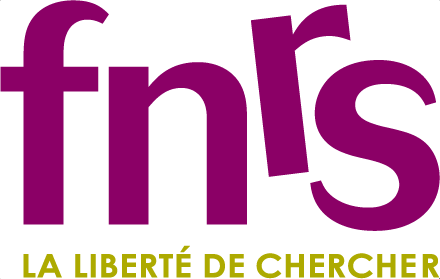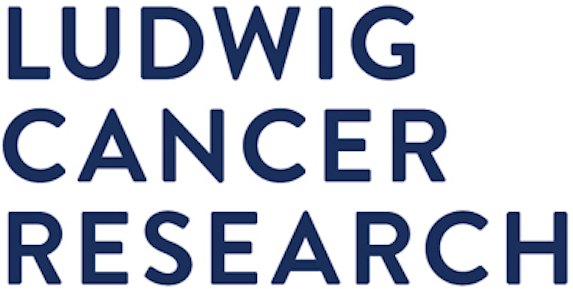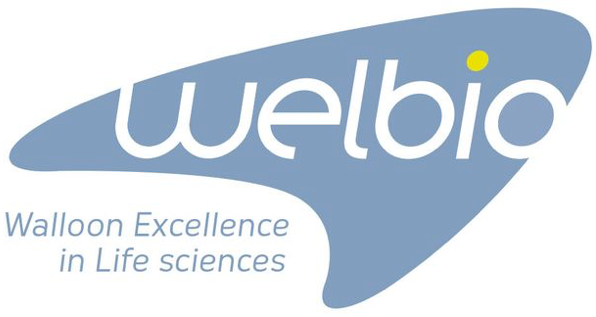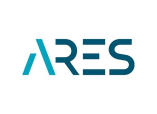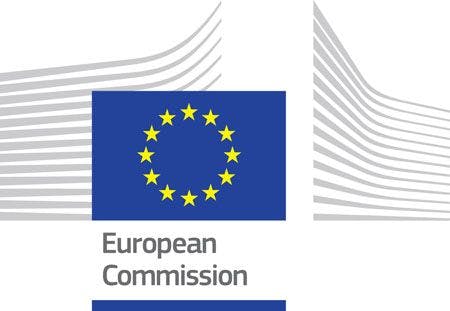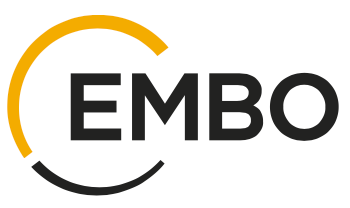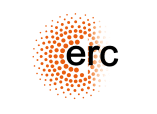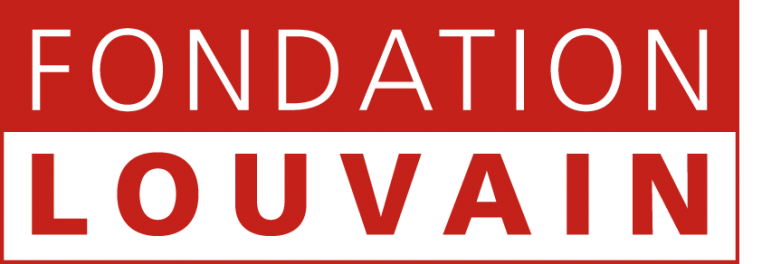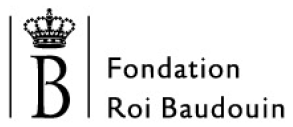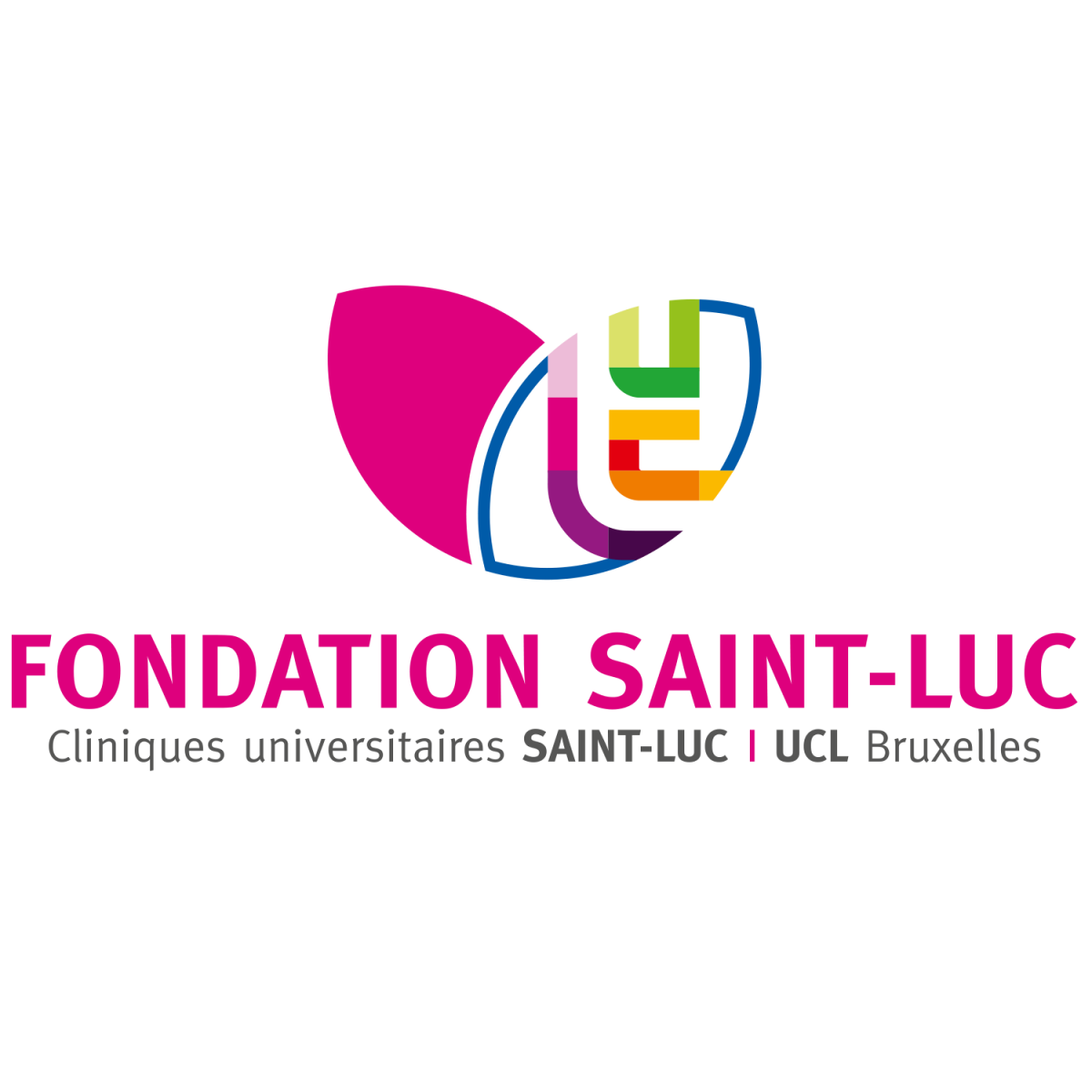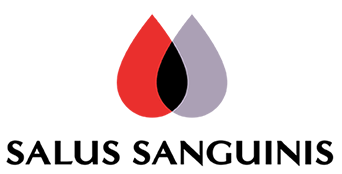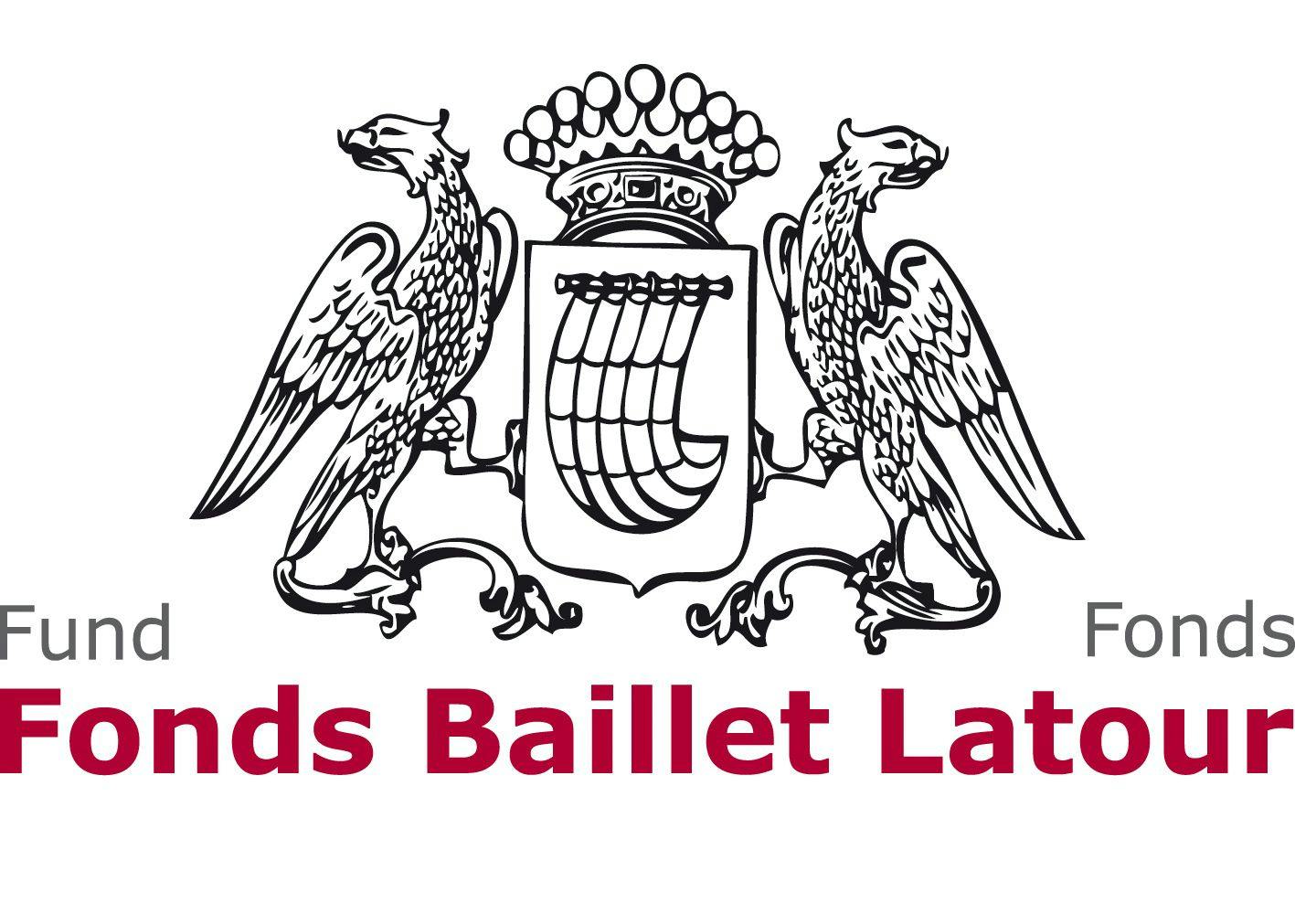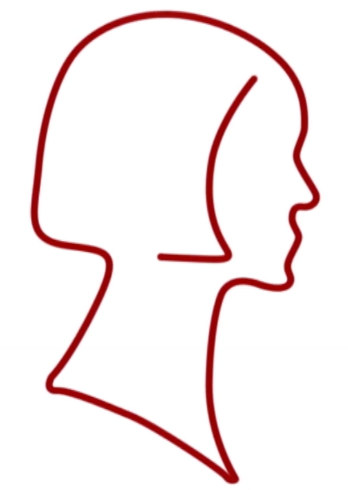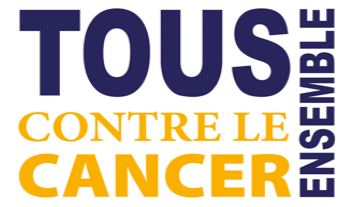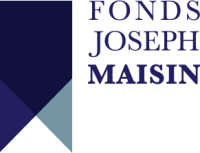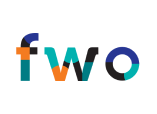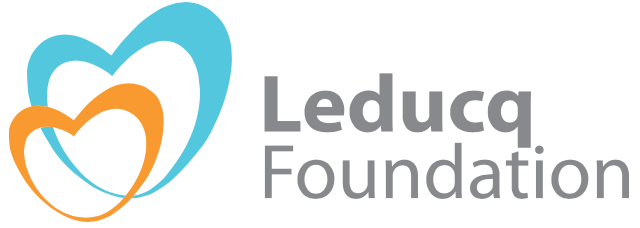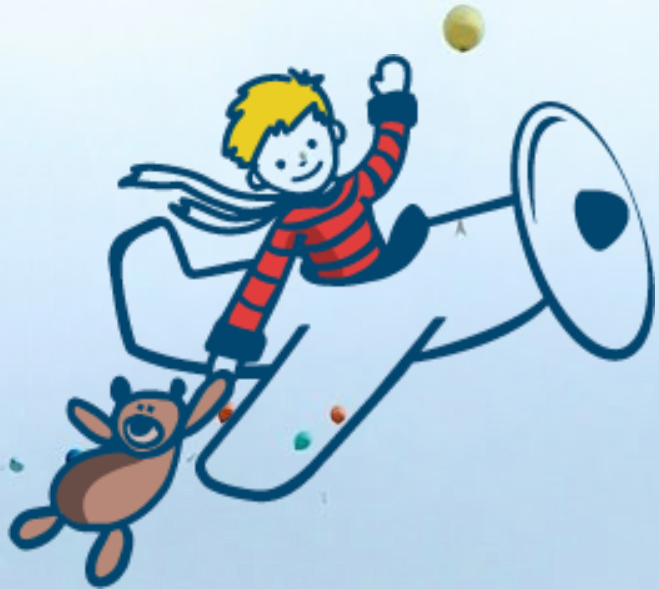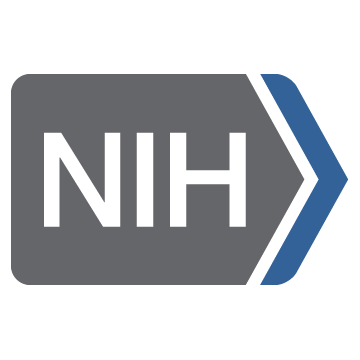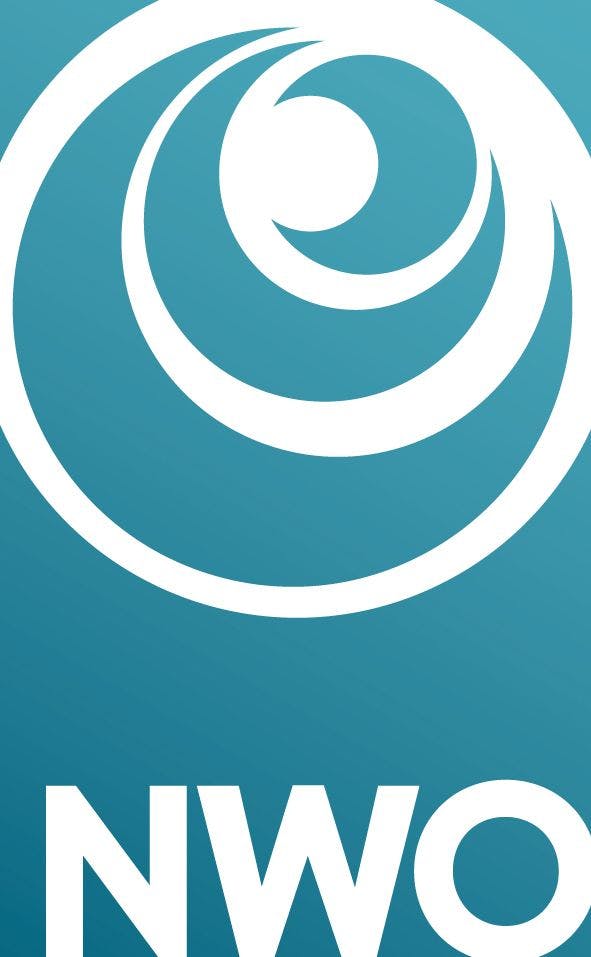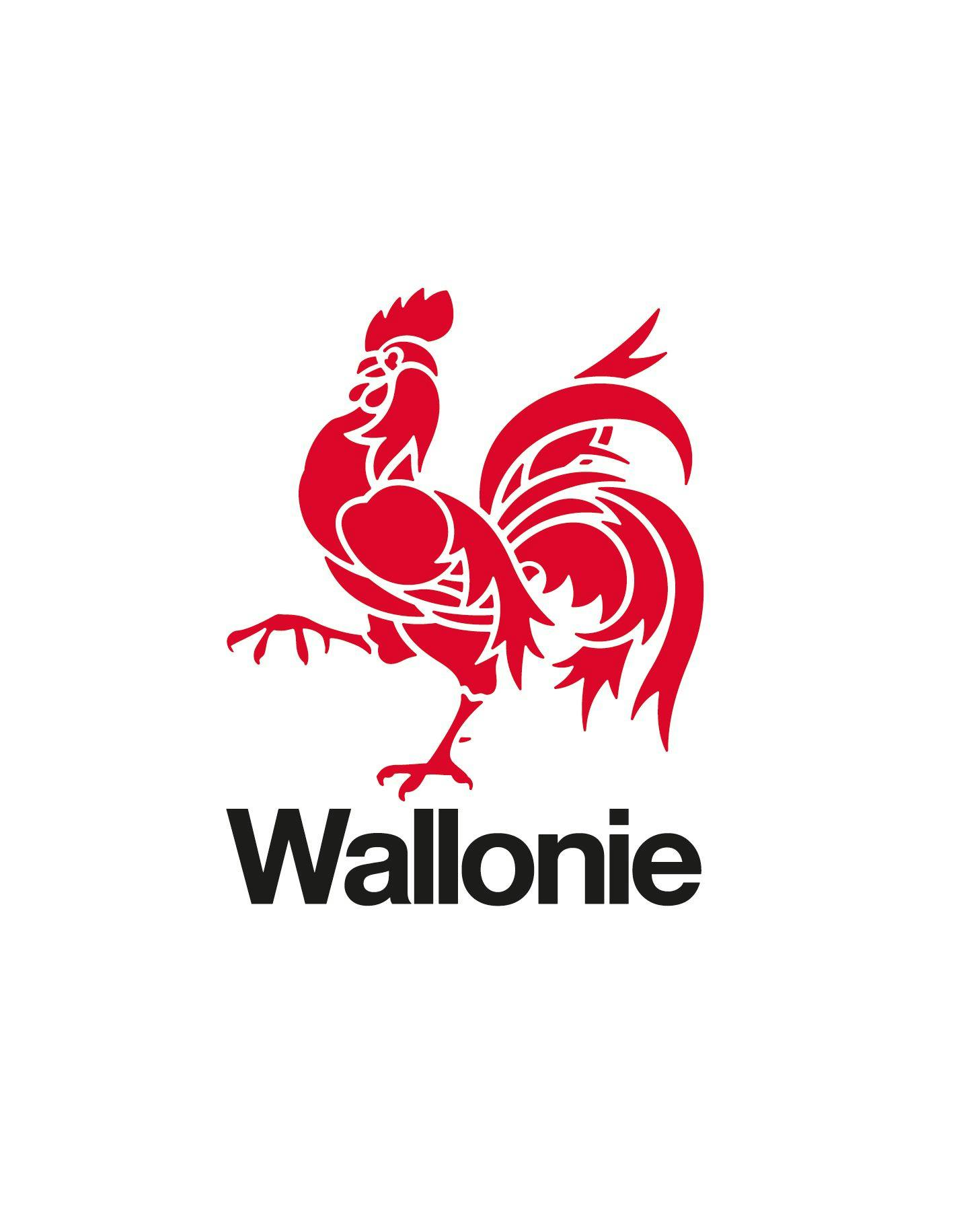Creativity in exploration, off the beaten track, and curiosity to discover from a wide variety of angles.
de Duve Institute and fundamental research
The de Duve Institute is a multidisciplinary biomedical research institute housing several research laboratories of the Faculty of Medicine of the Catholic University of Louvain (UCLouvain), as well as the laboratories of the Ludwig Institute for Cancer Research.
3 key principles are essential to us:
- Priority to fundamental research and the freedom of researchers,
- Particular attention to the medical benefits that may result from fundamental discoveries,
- Multidisciplinary collaboration in an environment with a wide range of skills, techniques and equipment.

Advancing knowledge, transforming health care

That's our mission.
By developing a deeper understanding of diseases and identifying their causes, we can improve treatment, prevent illness and promote recovery.
By studying the physiology of the disease and understanding how it interacts with the body, healthcare professionals can develop more precise and targeted treatments.
Our values
Excellence through top-level research, mastery of the research professions, ambition and rigor.
Impact of the Institute's discoveries, which are real starting points for future solutions to various diseases.
Key figures

Our history
In 1974, Christian de Duve was awarded the Nobel Prize for Physiology or Medicine. That year, he founded the international Institute of Molecular and Cellular Pathology (ICP), later renamed the de Duve Institute.
Christian de Duve graduated in medicine from the Catholic University of Louvain (UCL) in 1941 and in chemistry from UCL in 1946. He simultaneously pursued a career as a teacher and researcher at UCL and at the Rockefeller University in New York (USA) ...

Awards
Since Christian de Duve was awarded the Nobel Prize for Medicine, many of the Institute's researchers have been striving to reveal the fundamental processes of life and contribute to our mission : Advancing knowledge, transforming health care.
Their work have been published in the most prestigious international journals and the quality of their discoveries is recognised by the scientific community.
Thanks to their talent and the excellence of their research, many researchers have won coveted awards.

Scientific Reports
Our researchers, working in 32 laboratories and 5 research programs, are studying more than 100 diseases.
Each year, they share the results of their work and promote collaboration between laboratories as well as optimal use of the Institute's resources.
Our researchers' progress and discoveries are summarised in an annual scientific report.

Leadership & Governance
The de Duve Institute is made up of two structural entities: an international non-profit association called de Duve Institute aisbl (abbreviated to DDI) and a UCLouvain institute (abbreviated to DDUV).
The two entities are managed in close collaboration by a Coordination Committee made up of four scientists from the Institute. A four-member International Scientific Council oversees the quality of research and recruitment. The DDI is also managed by a Board of Directors including representatives from the Université Catholique de Louvain (UCLouvain).


Your soil could save lives
Support the humus project to accelerate research into new antibiotics
Antibiotic resistance is a major public health issue: bacterial infections are killing more and more people, and the WHO warns that by 2050, more than 10 million people worldwide will die from them each year. Simple surgical procedures could be called into question, even in healthy individuals, due to the microbiological risk.
The de Duve Institute is launching the humus project, a citizen science initiative.
The aim is to collect 10,000 soil samples in Belgium, thanks to the voluntary commitment of citizens, in order to search for the potential antibiotics of tomorrow.
Support the humus project
o With €60, you provide 20 collection kits to volunteer citizens
o With €150, you co-finance the Humus app to geolocate samples and connect participating citizens
o With €2,500, you enable research into new bioactive molecules for 1 month

